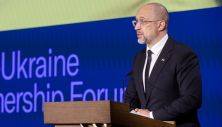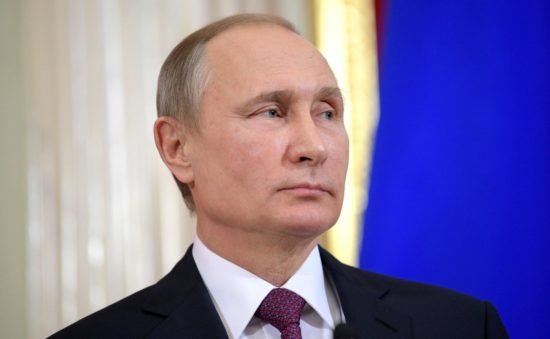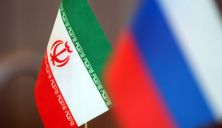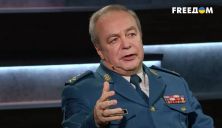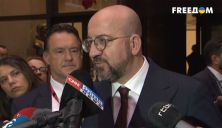Berlin is home to more than 200,000 citizens with roots in Russia. It is a diaspora which looks on Vladimir Putin’s fourth presidential term with apprehension. Marina Belikova is an art student in the German capital, and she is nervous with the Cold war rhetoric used by the Russian President.
“I am obviously a bit afraid, I am not that happy and I don’t want to go back to the USSR. I think that wouldn’t be good because everything was so closed. I don’t want my city to be so closed and to have no contact to other countries. Today I have the chance to study here and work here and I like it. And I don’t want to go back to the Cold War when there was no chance to go abroad,” she said.
This concern is spreading in the Russian diaspora, according to the Bundestag Vice President Petra Pau.
“In my electoral district I have at least 30,000 people with roots in the then Soviet Union, many late emigrants who are, along with many other who arrived in Germany earlier, very worried that we are falling back to a time to even before the Cold War. They are very worried about the wars that are already taking place in the world but also about the war rhetoric on both sides, between the different states,” he said.
However, other elements of the Russian emigre community are more receptive to the Kremlin. Russian-language media has steered many towards the nationalist Alternative for Germany Party and the infamous Lisa Case hoax – where disinformation was disseminated about a Russian German girl being raped by Arabs – exposed the community’s susceptibility to Russian fake news.
One month before Russia hosts the soccer World Cup, Putin launches his fourth presidential term, making him the longest serving leader of Russia since Stalin.
